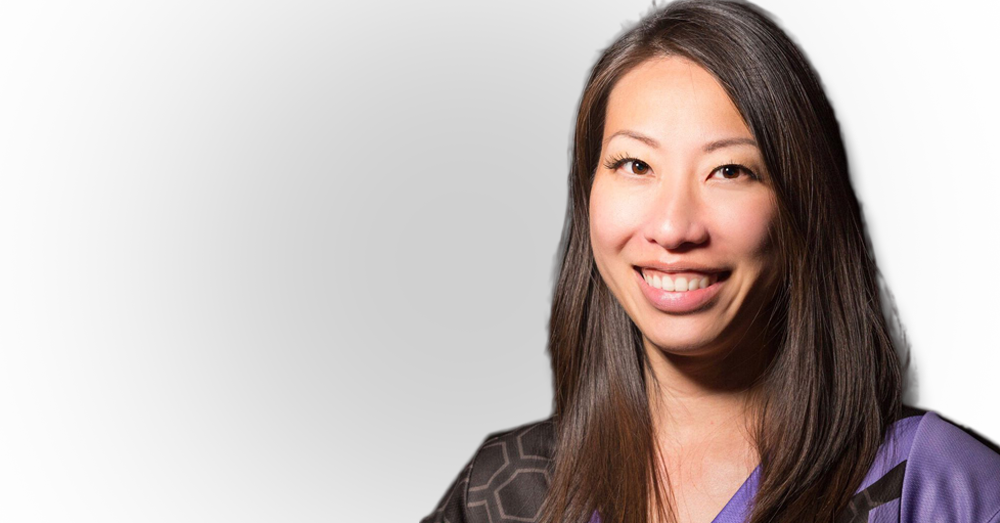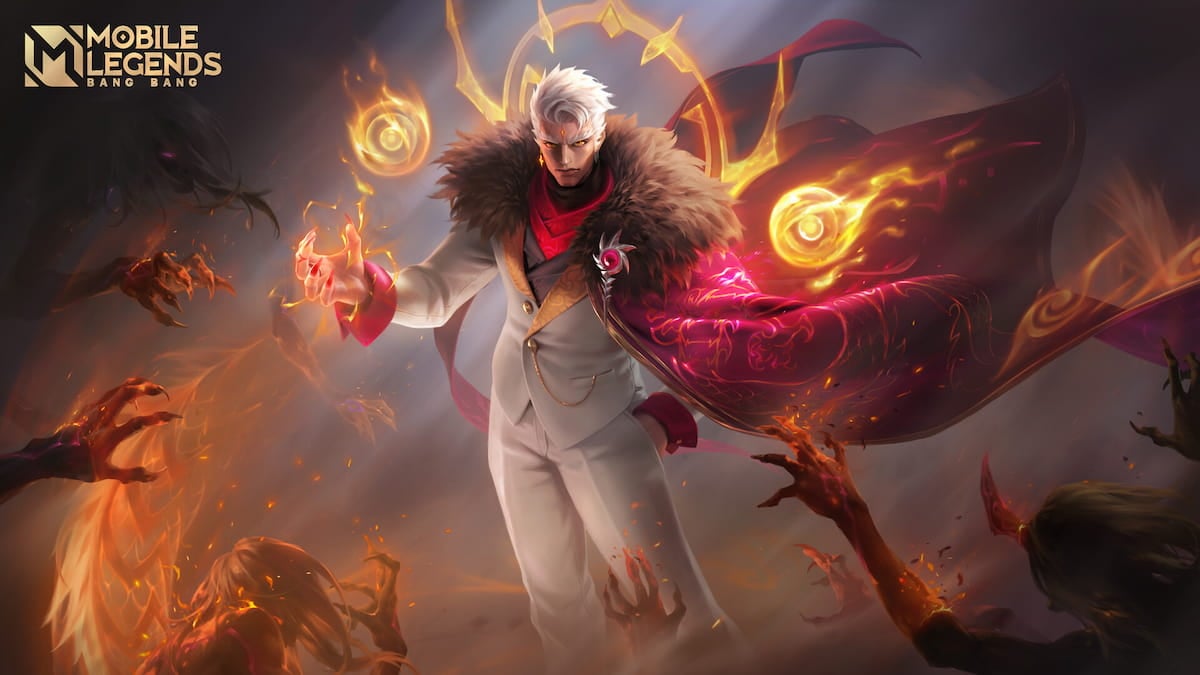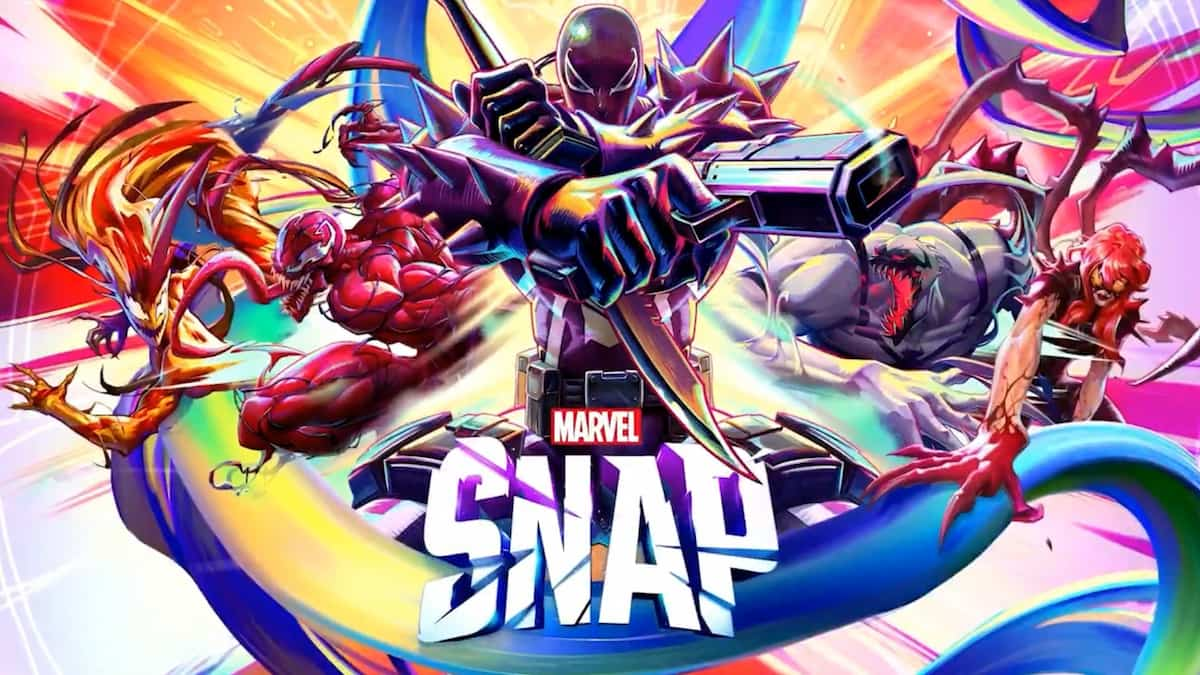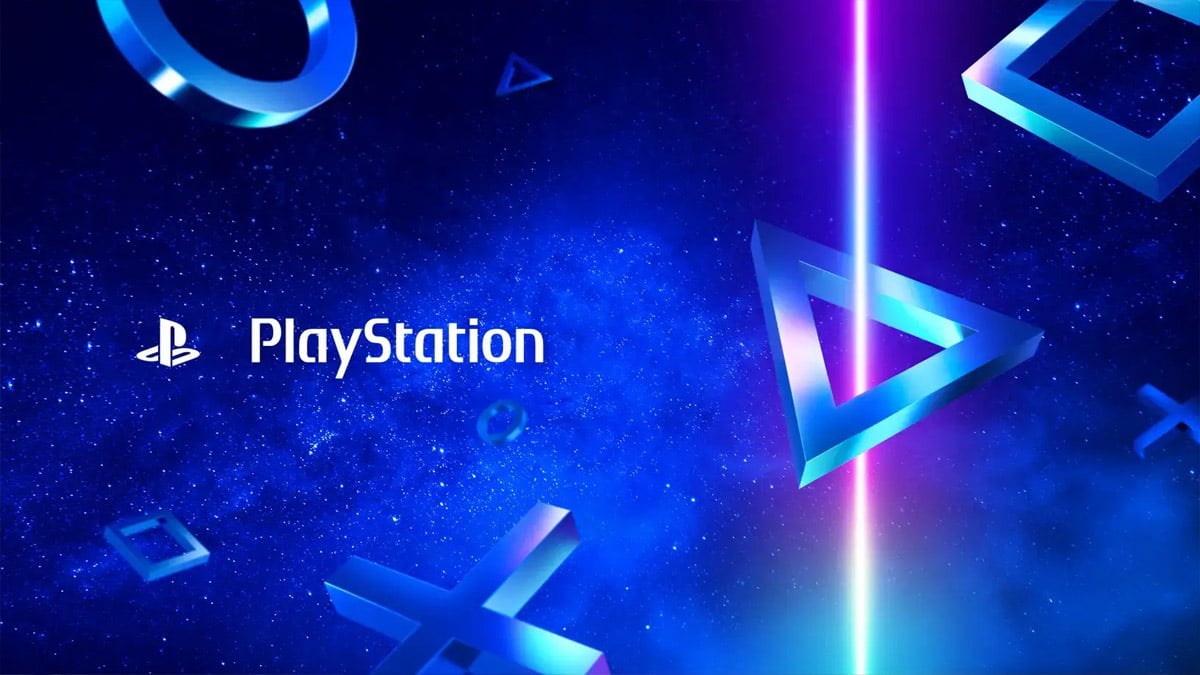For the next few weeks, Dot Esports is profiling women working behind-the-scenes in esports. Each woman is an expert in her field, whether it’s navigating an emerging sector of the law, building out branding for their organization, or putting together some of the biggest esports events of the year. We’ll post a new profile each day, covering the women’s unique experiences in the esports industry.
Esports events can be hectic. There are people everywhere, in-game sounds and caster commentary blare from the speakers, crowds cheer or boo or bang thunder sticks together. At any event like this she attends, Eunice Chen is in a calm state, a friendly face with a big smile.
As VP of Marketing for Cloud9, Chen’s job at events such as BlizzCon isn’t always clear—but you’ll often see her there, guiding an executive to a viewing area or deepening business partnerships. It’s the behind-the-scenes work that Chen does, alongside Cloud9’s co-owner and CEO Jack Etienne, that has helped the organization become the most valued esports company in the world, according to Forbes.
She’s been instrumental not just at Cloud9, where she started in February 2015. Prior to that, she headed up events at Riot Games, where she helped plan out the 2013 League World Championships at the Staples Center in Los Angeles. Chen also started her own tournament production company, HeroesHype, in 2014, leading a team of 30 and holding events and tournaments for the Heroes of the Storm community.
“It’s an integral part of my work in the gaming industry because it’s incredibly rewarding for me to pass on my knowledge and mentorship to other people who want to get into esports,” Chen said of HeroesHype. “A lot of people think that a passion for gaming is enough to get into the industry, and while that’s helpful, it doesn’t replace merit or hard skill sets that you develop and hone over the years.”
While 2019 is poised to be a big year for the industry overall, it could be even bigger for Cloud9—and there, behind it all, guiding the ship into the future, is Chen.
This interview has been edited for length and clarity.
What does your job as Cloud9’s VP of Marketing involve?
Chen: I now head up strategy for our merch team, our community team, PR, events and branding across the company. A lot of the marketing touches upon all the business services that we do here at Cloud9 and it’s important as the industry grows that we also scale our initiatives to grow alongside it. We have different teams that handle the day-to-day of the specifics of those functions and I oversee the higher level positioning and messaging regarding those different areas.
What does your day-to-day look like then?
It varies. On one hand, my main role in terms of heading up marketing strategy is to ensure that all of the teams have goals that they are working toward.
For example, a lot of what we’ve done in the past is really focusing on how we engage with our community and how we innovate as well. It’s been done mainly through communicating with our audience and understanding what they want. We can improve on driving data behind our decisions and analyzing our programs. As esports and gaming becomes more mainstream, there’s a lot of work to be done to formalize our processes and strategize how we launch our products.
Setting metrics to analyze our decisions and increasing communication between different teams is something that I’m focused on as we scale and as we try new things in marketing.
So you’re basically in charge of making sure that Cloud9’s strategy comes together?
Exactly. Marketing really touches upon everything that we do that’s facing our media partners, that’s facing our players, that’s facing our Cloud9 fanbase and our partners in the industry. Our branding essentially is a big chunk of that, and it shows through the way we have been doing things but also how we want to do things in future.
I report to the president, Dan Fiden. He heads up all of the business services side of Cloud9. Jack [Etienne] is still very involved in the day-to-day of the player side of our business. As you know, we’ve gone up to 17 different top-performing teams over the course of this year which requires immense focus and oversight.
Is the player side of Cloud9 fairly removed from the business side then?
The players’ side has their own initiatives that they work on. Obviously, player excellence and player wellbeing is very important but those don’t really touch the business services side directly. Where we do work with them is essentially ensuring that our players are involved in our partnership strategy with our different sponsors and with our different teams in-house. For example, the partnership activations are a basic one but I’m also trying to pull in more marketing initiatives like having the players promote our merch in a more natural way. Or helping them with media training so that the Cloud9 brand that we’re trying to establish really shines through in their interviews and the way they conduct themselves.

What was your career trajectory leading up to this position?
I’ve been playing video games my whole life and wanted to work in the industry ever since I was young. Back then esports was not the industry as we know it today. There was a time where one of the easiest ways to get into working in the gaming industry was to be a game producer, a game designer, or developer. Through my understanding of that perspective I actually studied computer science at the University of Pennsylvania. I got an internship with EA as a producer on one of their games. I didn’t really use my computer science skills there, but it was a skill that helped me prove that I could be resourceful in certain ways and add value to what the team needed at the time.
Coming out of college I actually worked in finance and consulting for a little bit, not in the gaming industry. I quickly figured out it wasn’t for me. Eventually I found my way in starting an event management company, also in marketing, that I ran for many years. One side of it was helping brands figure out what their marketing launches would look like, the promotion surrounding it, how to best help them reach their target audience. A lot of high-level branding and logistics and marketing work that went around that.
None of my clients there were actually gaming clients but I continued to play video games. I ran a World of Warcraft guild and ran grassroots tournaments in the original Dota mod that was part of Warcraft III. In 2013 I joined Riot to build up their events team and help manage and plan events there. One of the first watershed events for esports was League’s world finals at Staples Center in 2013. That was under my purview and it was an incredible challenge but super rewarding to be a part of that. It was exciting just to be part of Riot, shaping a part of modern esports.
When I joined Riot they were still operating as a pretty well-oiled startup, and grew exponentially as I was there. When I joined, I was used to working for myself, and a lot of teams were given autonomy and trusted to figure out what projects to prioritize, so it was a really good fit for me at that time.
I then started HeroesHype in 2014 when Heroes of the Storm launched in alpha. I’ve been a big fan of MOBAs my entire life and I felt like this was a community that I really wanted to help grow, so I started a lot of grassroots tournaments and events on my own, and eventually built up a whole team of amazing staff that help run it to this very day.
During my esports event work at Riot, I met a lot of the team owners, Jack being one of them. We kept in touch and after learning about how the different business-facing teams work at Cloud9, I was fascinated by the potential of the organization and wanted to help grow it. When I joined, I don’t think I had a formal title, but I was able to build out Cloud9’s partnership process and structure and eventually also took on business development.
That’s what I’ve been focusing on the last couple of years and I’ve been really fortunate to work very closely with Jack on growing these initiatives and building solid partnerships. I shifted to VP of Marketing earlier this year to apply my skills to scaling our other teams.
How has your knowledge and skills helped you move into the VP of Marketing role?
My skill set definitely includes a lot of soft skills that can be applied to different areas. A lot of the client-facing work that I did when I was running my own event company and then also inter-team communication at a large company like Riot really helped me in signaling to Jack that I could bring the same client-facing skills to our partners. Now, through my project management and planning skills, I am looking to increase the capacity of our strategy in marketing Cloud9 as a brand.
Did you ever feel worried about the duties you were taking on or was it a pretty natural progression based on everything you’d already done?
Oh, I am absolutely nervous every time I embark on trying something new. I’ve taken on multiple roles at Cloud9, and even though I had applicable skills, there’s so much knowledge that I always have to gain. In my partnerships role, I spent a lot of time working very closely with Jack to ensure that I understood Cloud9’s vision for how we work with our partners. There was definitely a big transition period as I gained more confidence, and I’ve been incredibly fortunate in having Jack’s trust to be able to grow in those roles. When I took on business development, it was pretty brand new to me, specifically in esports, which was ever-changing, so I had to adapt quickly. Jack was a great mentor and helped me integrate those responsibilities into my role.
What would be your advice for people looking to get into the industry or maybe transition to a different role?
Find a skill that you are really good at and you really love doing. A lot of people think that a passion for gaming is enough to get into the industry, and while that’s helpful, it doesn’t replace merit or hard skill sets that you develop and hone over the years.
While my interest in gaming was something that helped me get a job at Riot and Cloud9, it didn’t replace the event skill set that I had that Riot was looking for, or the project management skills and the client-facing skills that I had developed to add value to my role at Cloud9.
Really focusing on what you could bring to the table as a hard skill set is incredibly important, because as the industry grows, there’s room for every type of traditional job you could imagine. There’s graphic designers, project managers, accountants, merchandisers, and more. Any kind of skill could really be applied to the gaming industry, so bringing that value would be the most important thing.
Would that also be your advice for someone looking to get into a position similar to yours?
As the industry grows, the hiring process seems to have also changed, at least from the esports business side that I’m exposed to. When the industry was a lot smaller, there were opportunities for people to jump in with no experience but a large knowledge of esports. While we still need people who understand the core audience, we are looking to hire people who can bring their experience from other industries to teach us how to do things better and teach us how to operate as a mainstream industry.
We’ve seen the progression from grassroots gaming and esports communities to two of the largest game tournament franchises in the world that rival, if not exceed, traditional sports in various metrics. A lot of hires that we now see are people who have years of experience in other industries that are now able to laterally move into a similar role in esports, with or without gaming experience.
If we’re talking about college grads, in which a lot of the hard skills haven’t been proven through work experience, there are still ways to hone those skills—working with esports organizations, volunteering with esports programs, or participating in esports and gaming clubs in all the different schools that are building those initiatives. It’s similar to trying to get any other job in any other industry. When I was in college and really focused on my computer science career, I headed up our computer science club and learned to work with others while also immersing myself in the culture. It’s really not any different for esports now that there’s a huge variety of ways to get involved.
One thing I wished I could have done earlier in life is doing more reflection and being more intentional in what I wanted to achieve. Try to reflect on what is important to you and what you’re good at because that will keep you happy, as opposed to trying to fit yourself into what you or society thinks you should be doing.






Published: Dec 22, 2018 02:07 pm